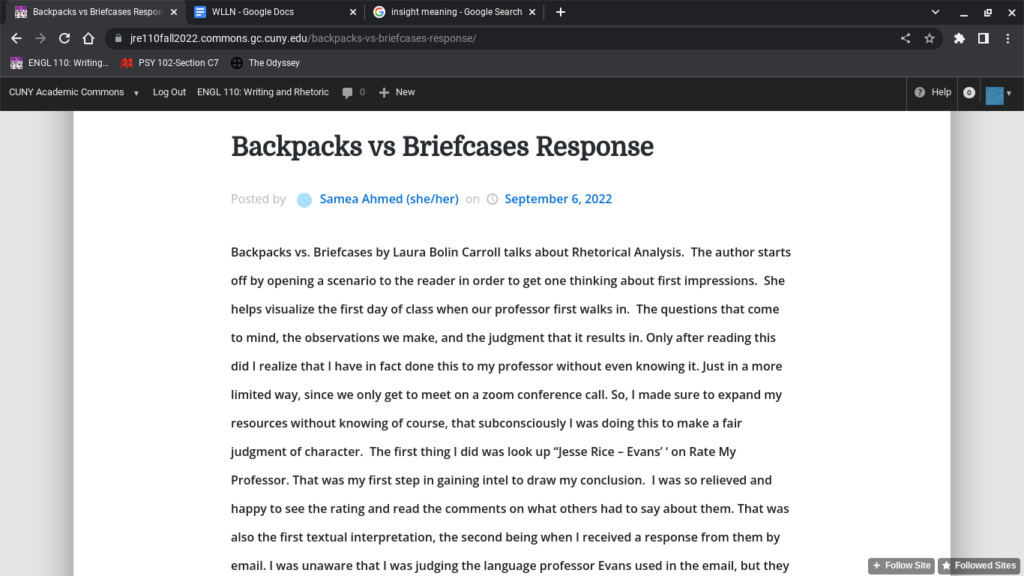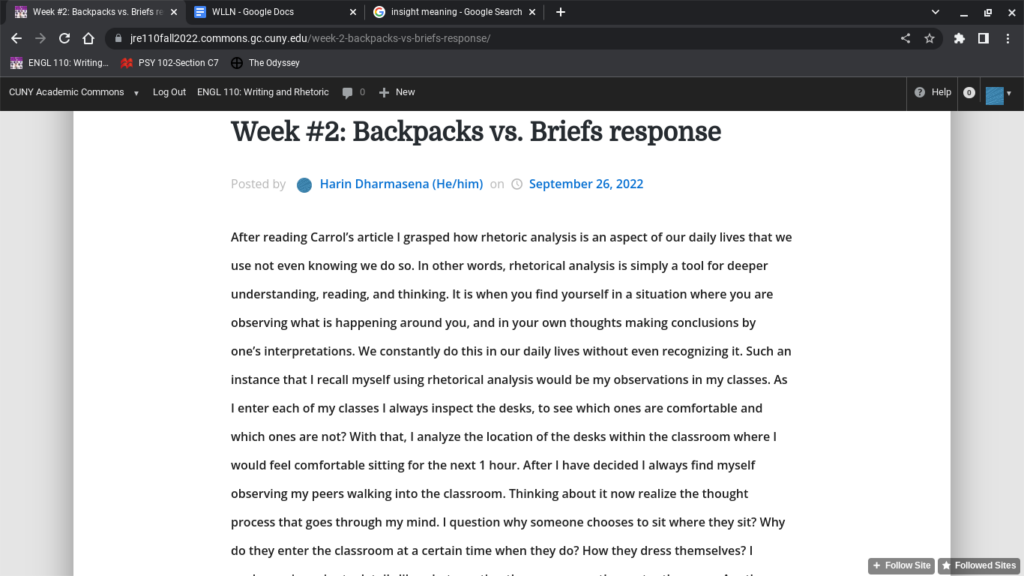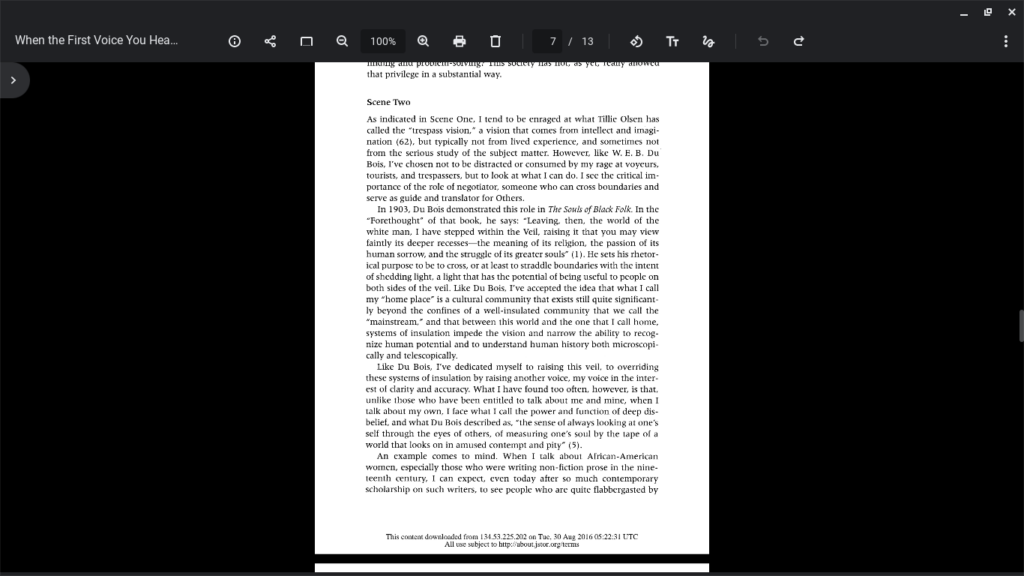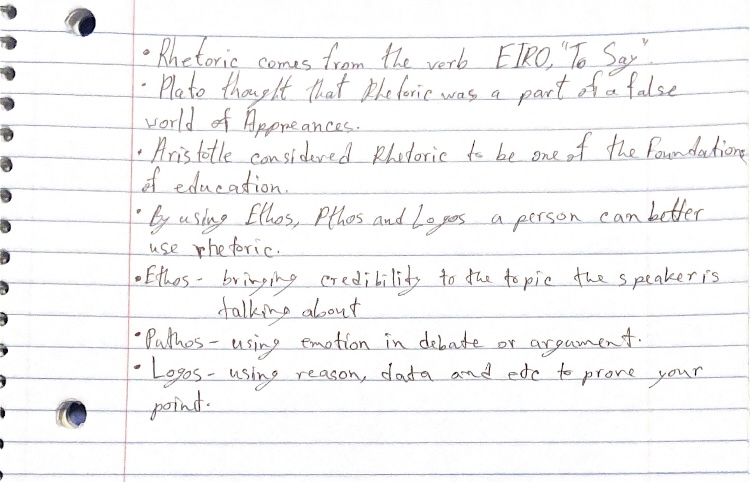Digital Receipt 7/ WLLN Reflection
Reflection – The audience I targeted was teenagers and adults under 22. I felt that sharing this story was very important to people because it shows a lot of character development not only for me but for others also. I chose to write about this it shows the significance of tv shows/movies for children. It can help them understand languages and the environment they are in faster than a lot of other ways of teaching language and it help them build a personality that they want. I mean we can all remember who we anted to be like growing up with tv’s and movies. A lot of the things we said came from these sources.
Language and literacy are used in everyone’s life, and it is around the globe. This allows us humans communicate with each other, learn more about ourselves and the world around us, and helps our character development.
Growing up PBS Kids and other kids’ channels such as Noggin/Nick Jr played a role in learning English. I was born in the US, but both my parents are from Haiti. At home they would barely speak English with us since that isn’t their primary language making Haitian Creole the first language I spoke. It wasn’t until I was around 4 years old when I started speaking clear English so that other people could understand me. These channels gave me the ability to communicate with people other than my family and start making friends as a child.
Some shows that helped me learn how to speak are nothing but classics everyone should know. Mickey Mouse, Electric Company, Cyberchase, etc. But I also watched a lot of movies with my dad such as Boyz in da hood, Coming to America and listened to music a lot. Focusing on a lot of words being used in entertainment industry allowed me to speak better and learn better. I believe that if English is not your first language, watching films, shows, and listening to music is an amazing way to learn a language and their culture. It played a key role in my development and communicating with others.








